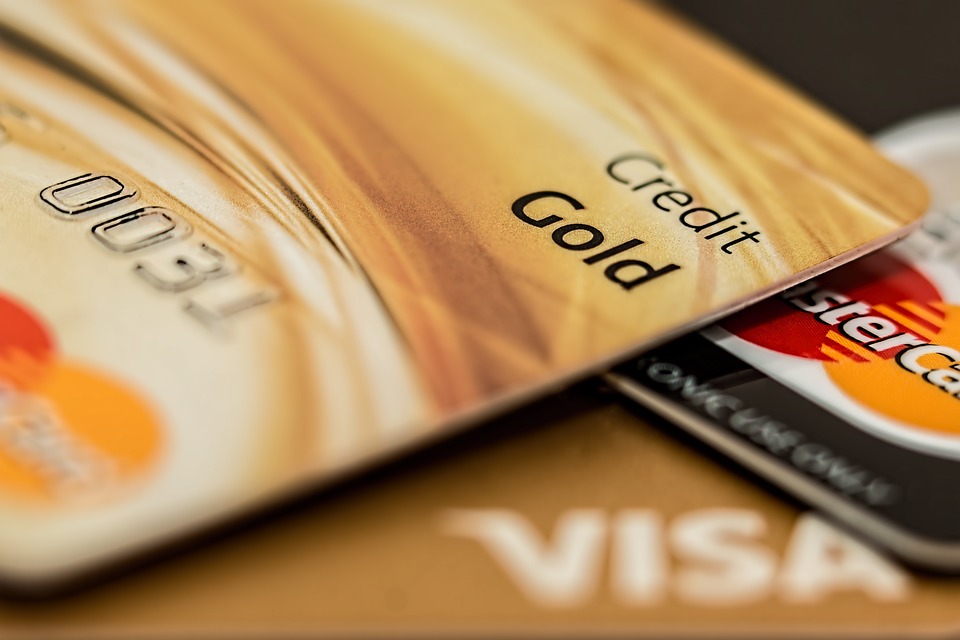Hoy en día las opciones de pago son prácticamente ilimitadas. Tanto las empresas como los consumidores están interesados en métodos más rápidos, seguros y personalizados, ya que el efectivo se ha quedado obsoleto y las tarjetas de crédito están desapareciendo de manera gradual. El entorno móvil y las redes sociales se revelan como los verdaderos canales a tener en cuenta, respondiendo de manera directa a las demandas de las generaciones más jóvenes.
Según el WorldPay Global Payment Report, el 55% de todas las transacciones se realizan utilizando métodos de pago alternativos. Por ello, las marcas turísticas deben adaptarse a un mercado global que va a penalizar la falta de flexibilidad. Estas son las 3 formas que toda empresa turística debe implantar para tener éxito:
1. Paypal
Es el método de pago alternativo más popular del mundo, y tiene una reputación sobradamente conocida. Permite obtener productos o servicios a través de una cuenta personal que contiene los datos de la tarjeta de crédito o débito, manteniendo la confidencialidad en todo momento. Paypal entra dentro de las pasarelas de pago, que ayudan a evitar los fraudes dentro de la web. La pasarela de pago actúa como intermediario para garantizar que los datos del cliente queden cifrados ante posibles amenazas. Por ello, es especialmente útil en empresas de nueva creación o poco conocidas, donde el usuario prefiere no exponer su información personal.
2. Tarjetas prepago
Las tarjetas prepago actúan como las conocidas para teléfono móvil, en las que se fija una cantidad concreta para cada momento. Son radicalmente distintas a las de crédito, impidiendo acumular deuda y siendo ideales para un público “centennial”, que maneja cantidades limitadas y necesita de mayor control de gasto. En el marco online garantizan que en caso de fraude solo se vea afectada la cantidad de dinero previamente cargada. En definitiva, es una alternativa perfecta para fidelizar a los viajeros más jóvenes.
3. eWallets y aplicaciones
Estas aplicaciones permiten a los viajeros realizar reservas, pagar productos o servicios y completar cualquier tipo de transacción desde el teléfono móvil. En Europa estamos viendo un auge de las billeteras electrónicas: MobilePay es ya el método de pago preferido entre los jóvenes daneses, mientras que Suecia está a punto de convertirse en el primer país que no maneja dinero en efectivo. Además, WeChat y Alipay manejan el 94% de las transacciones por eWallet en China (según datos de SkyScanner), con unos movimientos que alcanzan los 5 billones de dólares americanos. Esto demuestra su fortaleza, con un prometedor futuro por delante. American Express ha sido pionera en España con la posibilidad de pago a través de Apple Pay. Las billeteras digitales crean nuevas oportunidades para el sector turístico. Los dispositivos móviles se convierten en puntos de venta ambulantes, facilitando adquisiciones instantáneas. Reservas en restaurantes, alquiler de coches o escanear códigos para comprar paquetes vacacionales: las posibilidades son infinitas.
Para Ángel García Butragueño, Co-Director del Barómetro Turístico BRAINTRUST: “Debe analizarse continuamente la tasa de conversión y el uso de cada método de pago. Solo de esta manera podrán abordarse los cambios y demandas del público objetivo. El mercado cambia muy rápidamente, el consumidor acuña nuevos hábitos y comportamientos, no analizarlos y actuar en consecuencia puede dejar fuera a cualquier empresa”.
Según José Manuel Brell, Co-Director del Barómetro Turístico BRAINTRUST: “Las empresas del sector deben ofrecer nuevas formas de pago adaptadas a los nuevos tiempos. Esta es una manera inteligente de aumentar las ventas y ganar fidelización, ya que el disponer de distintas alternativas genera una percepción positiva”.
En BRAINTRUST podemos ayudarte a crear la estrategia a tu medida. Disponemos de los mejores medios para asesorarte en la configuración de propuestas de valor que incrementarán tus ventas.
¿Quieres obtener información detallada? Ponte en contacto con nosotros y solicita nuestro Barómetro Turístico, el soporte metodológico que determina la disposición del mercado a viajar, así como las tendencias que permiten a todos los proveedores de la industria de viajes identificar oportunidades de negocio y ajustar su oferta a las preferencias de los consumidores.






